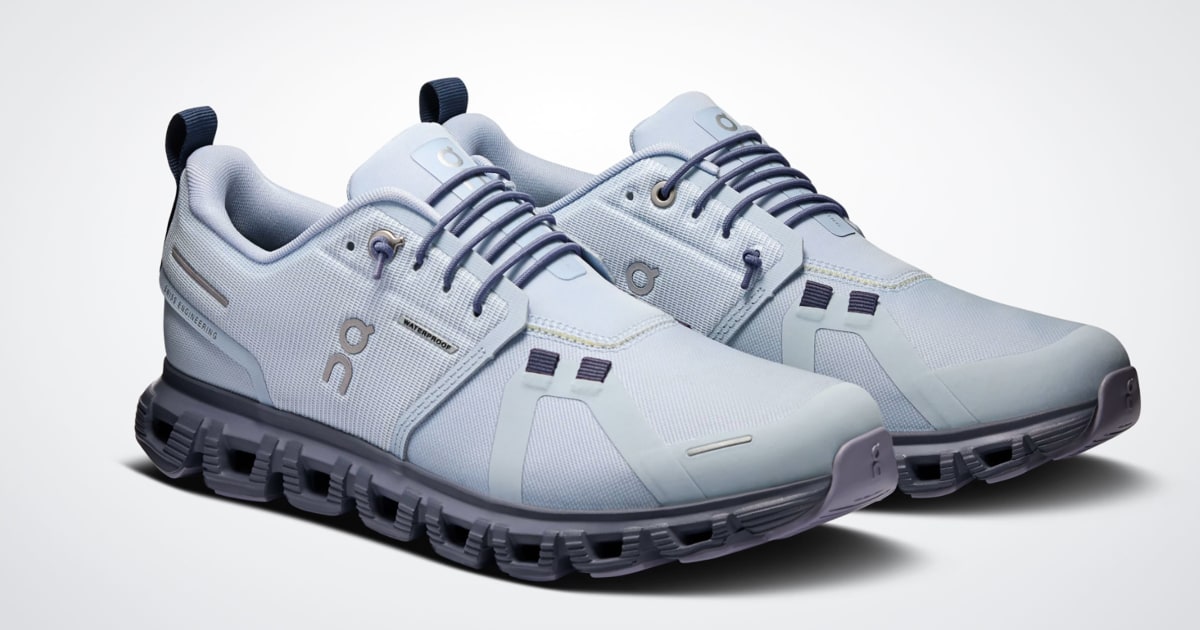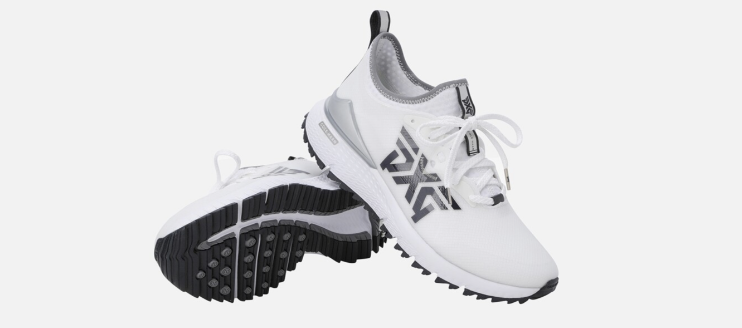Why the collapse of 100-year-old Australian brand Wittner says it all about the state of the country as the reasons for its demise emerge

A marketing expert has revealed the two main reasons why a longstanding Australian footwear brand has been forced to close its doors.
Wittner, which was established in 1912, has gone bust, with the announcement on Wednesday sending shockwaves through the fashion and retail industries.
The women’s shoe company has over 20 branded stores in Australia and New Zealand, and 25 outlets within Myer and David Jones.
QUT marketing expert professor Gary Mortimer said the cost-of-living crisis clearly played a part in its downfall, as it has with many other businesses in recent years.
However with Wittner specifically, he said the company found it hard to offer a higher-end product while still being affordable to the everyday shopper.
‘Consumers are now re-prioritising where they’re spending their money, making sure there’s enough to pay their rent or mortgage first,’ he told Daily Mail Australia.
‘Insurance, utilities, logistics – everything seems to be going up. There’s not much left over, and people are wondering, where do I put this money?’
Prof Mortimer those who were able to have some extra money left over at the end of the month were now more likely to save it than spend it, for fear things could get worse.

A statement from Wittner said sales growth in the past 12 months couldn’t keep up with rising wages and rental costs
‘Unfortunately that apparel and footwear segment is very exposed to discretionary spending,’ he said.
Prof Mortimer said Wittner occupied a challenging place in the market – caught between the profusion of ‘cheap and cheerful’ retailers including Shein and Temu at one end of the market, and the luxury top-end brands at the other.
‘Brands like Chanel and Burbury are well-established and insulated from the cost of living,’ Prof Mortimer said.
‘If you’re spending $700 to $800 on a pair of boots you’re not worried about paying rent. But that middle market is really challenged.’
Prof Mortimer said Wittner was not a luxury store, though it still offered higher-end, quality shoes.
He added its traditional customers were turning to a wide range of cheaper options, if they were spending their diminishing discretionary income on shoes at all.
‘It’s ultimately a very crowded market when it comes to clothing, footwear and accessories here in Australia,’ Prof Mortimer said.
He explained that bricks-and-mortar businesses were not only dealing with lower revenue as consumers tightened their belts, but also rising overhead costs which are not borne by online competitors.
‘The big issue is the cost of doing business,’ Prof Mortimer said.

The iconic women’s shoe company, established in 1912, has over 20 branded stores in Australia and New Zealand
‘Rental, wage, electricity, insurance, and security costs are just eroding margins very, very quickly.’
Wittner is one of the more surprising casualties in a squeeze in Australia’s retail sector.
Insolvency experts Sal Algeri and David Orr from Deloitte were appointed joint administrators on Wednesday.
Mr Algeri said the company will continue to trade as normal as they ‘conduct an urgent review of the group’s finances’.
A statement from Wittner said it was rising costs that ultimately sank the company, as sales were actually growing albeit at a slower rate.
‘The growth in sales has been eroded by cost pressures from rising wages and occupancy costs, and more recently challenging trading conditions and supply-chain disruptions,’ it said.
‘We have invested in our range and teams over the last twelve months and remain committed to the Wittner business.
‘We will work closely with the administrators to achieve the best outcome for the business and its stakeholders.’
Wittner is the latest in a string of local fashion retailers which have shut up shop.
Jeanswest announced last month that all 87 stores across Australia would close their doors in the next six weeks, and up to 600 jobs would be axed.
Retail group Mosaic, which owns Australian chains including Rivers, Noni B and Katies, also collapsed last year owing creditors almost $250million.
link






